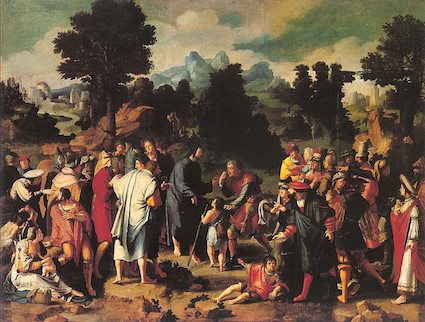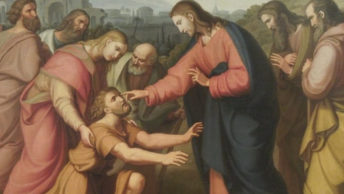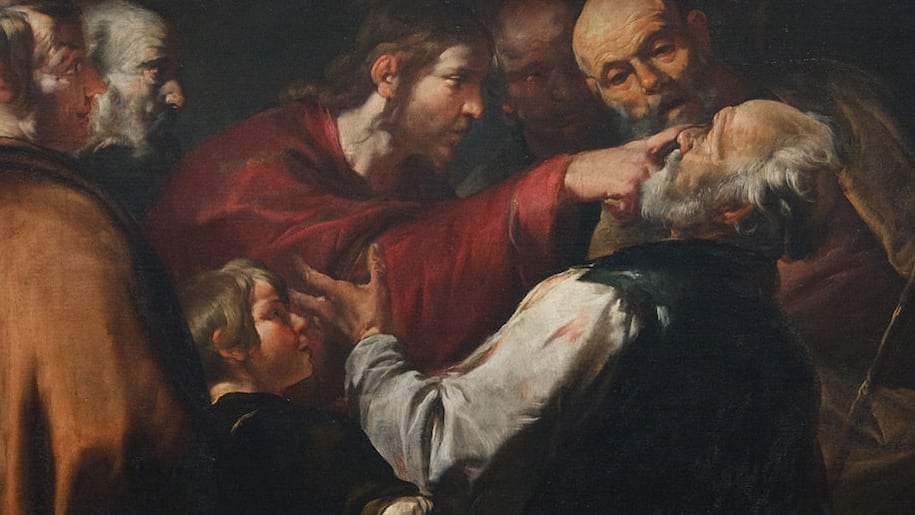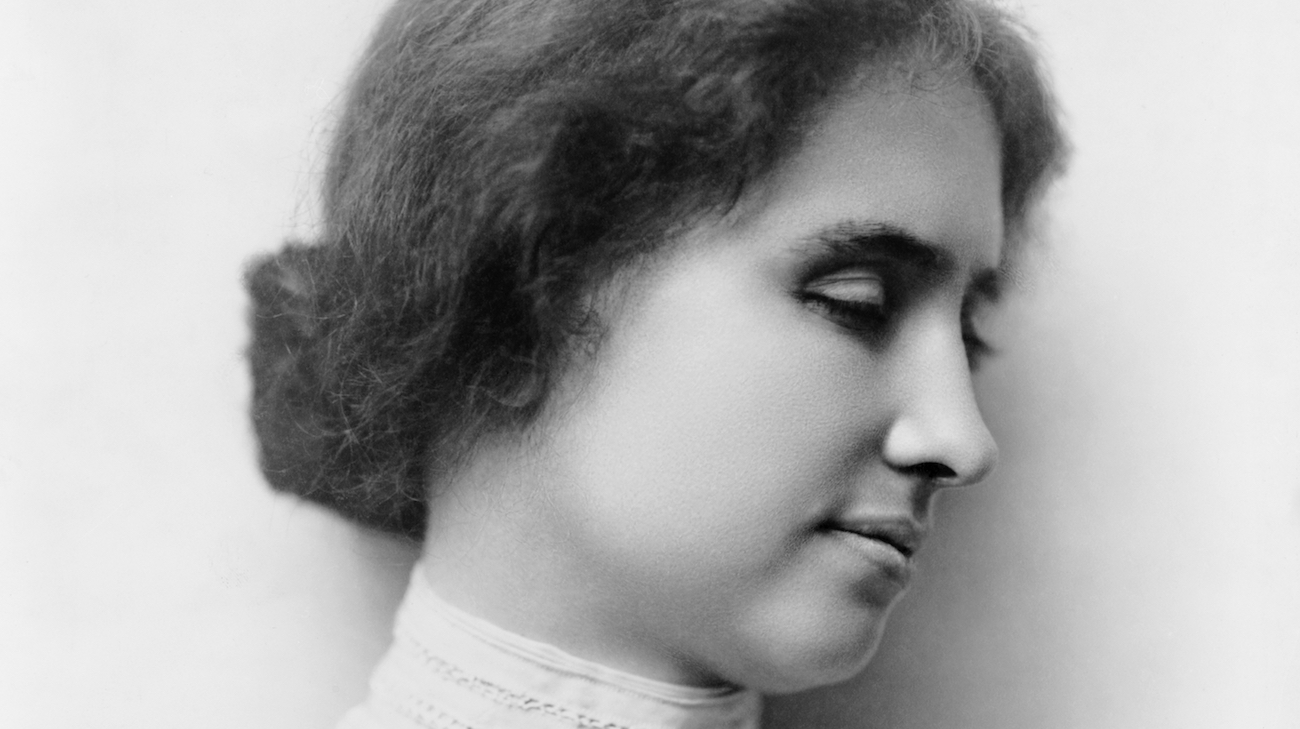 A man had just sat down at his desk to begin the working day when one of his associates came storming into his office. “You won’t believe this,” he said. “I was just almost killed outside. I had just walked out of the deli where I buy my egg sandwich every morning. Suddenly a police car came down the street with its lights flashing and sirens blaring. The police were chasing another car. The other car stopped right in front of me. The guys jumped out and began shooting at the police. I hit the ground and could hear bullets buzzing over my head. I’m telling you, I’m lucky to be alive.” After a moment of silence the first man said: “You eat an egg sandwich every morning?”
A man had just sat down at his desk to begin the working day when one of his associates came storming into his office. “You won’t believe this,” he said. “I was just almost killed outside. I had just walked out of the deli where I buy my egg sandwich every morning. Suddenly a police car came down the street with its lights flashing and sirens blaring. The police were chasing another car. The other car stopped right in front of me. The guys jumped out and began shooting at the police. I hit the ground and could hear bullets buzzing over my head. I’m telling you, I’m lucky to be alive.” After a moment of silence the first man said: “You eat an egg sandwich every morning?”
The point of the story, and believe it or not there is one, is that we can become so involved in our own narrow interests that we miss the obvious. This Sunday’s Gospel illustrates the destructiveness of such narrowness. Jesus had just healed a blind man, “to let God’s work shine forth.” But by doing this he threatened the comfortable ordered life of the Jewish leaders. How could God possibly be working through someone other than them? If people were to claim God’s work outside of their structure, then their authority was being threatened. They missed the fact that God was indeed working. They were more concerned with the minor part. He was working, but not through them. They focused on the egg sandwich instead of the whole picture of what was taking place. So, these leaders sought some way to discredit what he had done. They condemned Jesus for working on the Sabbath. Even though it was a sign of the presence of the Messiah that sight would be given to the blind, and even though the man’s parents testified that he was indeed born blind, they refused to see the presence of God among them. By the end of the reading it is clear that they are blind.
The Fourth Gospel, the Gospel of John, presents this intricate little drama in its ninth chapter as a call for us all to allow the Lord to open our eyes. The Temple leaders and Pharisees were too concerned with themselves to do this. They were not going to have some commoner from Nazareth upset their lifestyle. We are all tempted to do the same thing ourselves. We may be pretty settled in our family when we suddenly realize that our spouse or one of the children has a big problem. Our spouse, or one of our older children, college age, is drinking way too much for it not to be a problem. But it is so easy to close our eyes to this–maybe it will go away. We act as though it is asking too much for us to give of ourselves to solve the problem. We refused to see the Lord calling out to us in others. We don’t see the whole picture. We are blind to his presence.
As another example, perhaps at work or in school we are confronted with people pushing us to make unchristian choices. We know that we could take a courageous stand and say “That is just not right, or even, That is not my style,” but this would make for further conflict. We don’t see the whole picture. This is our opportunity to really stand up for Christ. So, instead of making life difficult for ourselves, we go along with the crowd, in conversation if not also in deed. We end up being blind to God’s presence calling us to give witness to the power of Christ in the world.
God’s reality and our human perception of things do not necessarily match. Neither Jesse nor Samuel the prophet thought that the future king of Israel would be the most insignificant of Jesse’s sons. No one expected the Messiah to be a commoner from Nazareth. When we focus on our perceptions of what God should be like or how he should act, we miss his presence in our lives. Even in times of sickness, we expect God to heal us, when actually our sickness might be the very way that we draw closer to him. We expect God to solve our problems when actually these problems help us to keep a perspective on what really is important in life. By demanding how God should act, as the Pharisees did, we become blind to his presence among us.
Today we pray for the grace to take steps from darkness into light.








